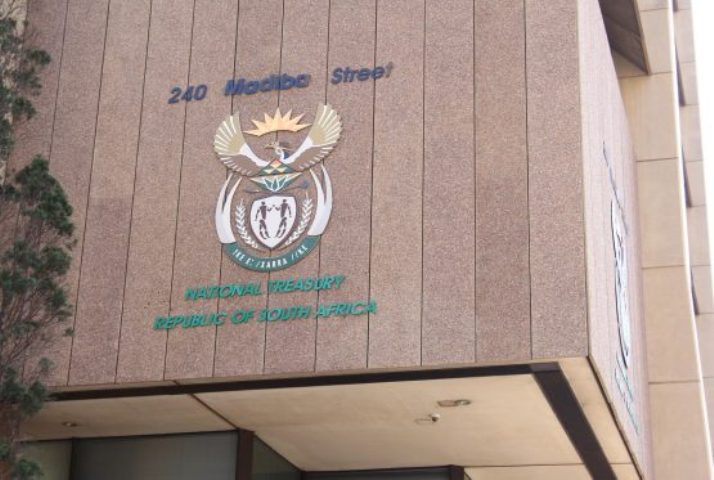Treasury Invites Public Input on Fiscal Anchors to Tackle SA’s Rising Debt
According to the discussion document, years of slow economic growth, persistent budget deficits, and high expenditure have severely eroded South Africa’s fiscal space.

- Country:
- South Africa
The National Treasury has opened the floor to South Africans, inviting written submissions on its Fiscal Anchors Discussion Document—a reform framework aimed at stabilising the country’s ballooning debt while strengthening efficiency in the public sector. With debt levels now three times higher than they were 15 years ago, policymakers are under pressure to find credible solutions that protect essential services while safeguarding long-term fiscal sustainability.
The Debt Challenge
According to the discussion document, years of slow economic growth, persistent budget deficits, and high expenditure have severely eroded South Africa’s fiscal space. Public debt has surged, and with it, the government’s interest bill, which consumes an ever-increasing share of the national budget. These repayments, Treasury warns, are “crowding out” critical spending on social services and infrastructure investment.
The proposal is designed to address this trend by creating a fiscal framework that enhances accountability, improves transparency, and reassures investors about the sustainability of South Africa’s finances.
Two Reform Options on the Table
The discussion document presents two main options for reform:
-
A Numerical Fiscal Rule – This would introduce a legally binding target or ceiling on government debt or expenditure, compelling policymakers to act within strict fiscal limits.
-
An Enhanced Parliamentary Procedures Model – Instead of a rigid rule, this model would strengthen the oversight role of Parliament by introducing procedural checks to ensure government sticks to debt reduction paths and fiscal commitments.
Both options are being carefully weighed, with Treasury emphasizing that the ultimate design must balance credibility with flexibility, particularly given South Africa’s vulnerability to shocks such as commodity price swings, energy crises, and global economic turbulence.
Consultations Already Underway
To begin shaping consensus, Treasury convened its first round of consultative stakeholder workshops in July and August 2025. These included:
-
Civil society organisations (Pretoria, 28 July)
-
Debt capital markets participants (Sandton, 30 July)
-
Academics and researchers (Cape Town, 7 August)
Finance Minister Enoch Godongwana praised the engagement so far, describing the workshops as “thoughtful and constructive.” He added: “This was the beginning of a much wider conversation. We look forward to hearing from many more voices in the months ahead.”
Next Steps: Public Webinars and National Conference
Building on this momentum, the government plans to host a series of public webinars, followed by a major national conference to coincide with deliberations around the 2026 Budget.
-
The conference will provide a formal platform for broad participation, bringing together experts, business leaders, unions, civil society, and ordinary citizens.
-
A conference report will be published, consolidating contributions and recommendations.
-
This report will shape a refined Treasury proposal, expected to be tabled later in 2026.
How the Public Can Participate
Treasury has issued a clear call for participation from all sectors of society, stressing that fiscal sustainability is not just a technical issue but one that affects the daily lives of all South Africans.
Written submissions are invited by 15 December 2025 and can be sent to fiscal.policy@treasury.gov.za. Selected submissions will be presented during the upcoming conference.
The Fiscal Anchors Discussion Document and presentations from the initial workshops are publicly available on the Treasury’s website: www.treasury.gov.za.
A Step Toward Fiscal Stability
With debt reaching record levels, the urgency of reform cannot be overstated. Treasury officials argue that implementing effective fiscal anchors will not only restore investor confidence but also free up resources for service delivery, job creation, and infrastructure development.
As South Africa prepares for the next phase of consultations, the process represents a test of how government, Parliament, experts, and ordinary citizens can collectively shape a credible roadmap to financial stability.










